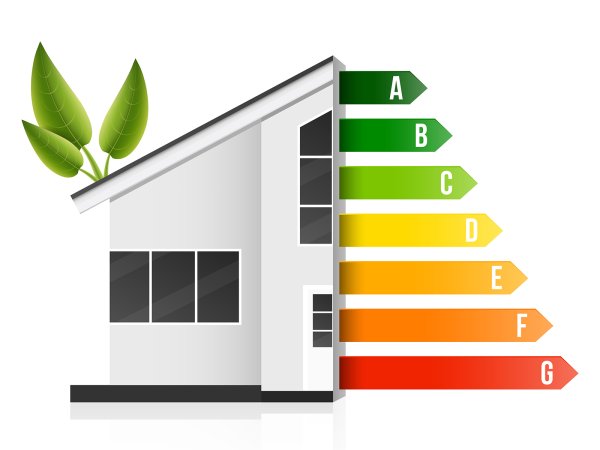
The project aims to establish the data fields and data format structure of a database of energy utilization and indoor environment performance metrics of buildings having documented ultrahigh performance building envelope (UHPE) designs and associated heating, ventilation and cooling (HVAC) technologies. With the assistance of personnel from the Passive House Institute (Germany) and North American Passive House Network (NAPHN), the project also seeks to establish an initial data population within the structured database. Data is to be acquired for a range of climatic conditions and residential as well as commercial building types. A searchable, user friendly, quantitative database is necessary to accelerate the development of highly energy efficient buildings as integrated systems and which provide a pathway to zero fossil fuel utilization for operation. Envelope design parameters and associated HVAC system designs are to be correlated to building energy and indoor environment performance. Such a central database will serve to expedite the use of the UHPE design approach.
Dramatically reducing the weather-related building envelope thermal loads on the building system is imperative to achieve structures having the lowest carbon footprint caused by HVAC related energy utilization. Significantly reducing the air exchange between the external environment and the building interior space requires close control of the indoor air quality and comfort conditions to maintain healthy conditions for occupants. The United Nations Economic Commission of Europe (UNECE) Sustainable Buildings initiative is seeking to develop such a UHPE-HVAC database in support of the developing, international Centers of Excellence in Sustainable Buildings in order to: increase awareness and adoption of ultra-low energy building designs; increase investment in low energy buildings by documenting superior performance. Pennsylvania State University has been chartered by the UNECE Sustainable Buildings program to coordinate the RD&D component of the international effort through a Global Buildings Network (GBN) set of activities.





